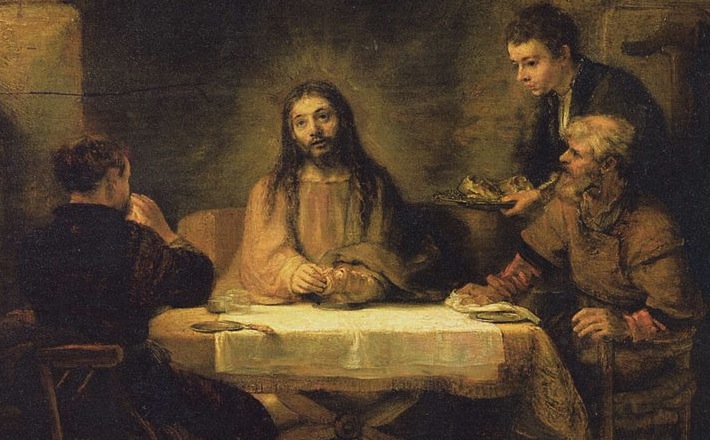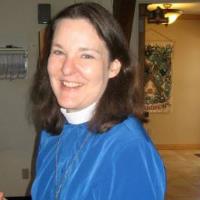Commentary on 1 Peter 1:17-23
1 Peter has an important word to speak; both for those who feel alienated from society and for those who find themselves comfortable within it.
Many of the people to whom it was written lived as outsiders in their communities. Others had grown up in the area and knew the local culture well but had left the faith they were raised in to become Christians. Whether they were Jews who had become Christians, or foreigners who had moved into the area, or natives of another region who had converted to Christianity, they were regarded by the insiders as strangers, as other, and different. 1 Peter calls them to embrace their otherness and live it out with utter commitment, seeing it not as a stigma, but as a priceless gift.
Through Jesus’ resurrection, 1 Peter says, God has given Christians a new birth into a new family. The precious gift of Christ’s lifeblood has redeemed them, that is, set them free from the old way of life handed down by their ancestors. From the vantage point of their new life, their ancestral traditions are revealed as empty and pointless, with no lasting value. Surely in this passage the author is thinking primarily of Gentile converts; it is inconceivable that a writer who relies so heavily on images and stories from the Hebrew Bible would refer to Jewish tradition as futile.
In fact, it is striking that the author would dismiss any ancient tradition as futile. In that culture, the older an idea was, the more valuable it was. New ideas might be interesting, but they did not have the weight and worth of traditions that were rooted in antiquity. Notably, 1 Peter does not say that newer is better. It argues that Christian faith has the oldest, deepest roots of all: Christ was known before the foundation of the world.
Those who believe in Christ and who, through him, place their trust and hope in God have become members of God’s family. In a world where peoples’ lives revolved around acquiring social honor and avoiding social shame, what could be more honorable than being a child of God? Since Christians call God “Father,” 1 Peter urges them to conduct themselves as God’s children. That means modeling their behavior and their values not after their culture or their ancestral tradition, but after God, the parent who has given them new birth.
In the passage just before this text, the author urges Christians to be holy because God is holy. The reading for the third Sunday of Easter describes what holiness looks like in human form and in everyday life. Since God shows no favoritism in judgment, Christians too must set aside the social norms and love each other without hypocrisy.
People who practice God-like love do not ignore the unemployed single parent in their community so that they can shower help and attention on the CEO of a major local business. They do not measure the worth of members of their congregation by the size of their pledge. Love is not a strategy for gaining honor and prominence within the community. Instead, genuine love comes from the heart and pays no attention to the social or economic status of the beloved. 1 Peter calls Christians to love eagerly, with outstretched hands, not waiting timidly in the background for someone to ask them for help, but throwing themselves enthusiastically and persistently into the hard work of active love for neighbors.
At the end of the passage the author circles back to the energy source and origin of holy behavior. Loving as God loves is not merely a natural human impulse. Holy love flows from the living Word of God, the seed from which new life grows. Being loved, honored, and welcomed by God frees people to love, honor, and welcome others. Outcasts become family. Where divine love lives and grows, no one is a stranger, an outsider, or an alien. God’s love creates a secure and lasting home for all.


April 30, 2017